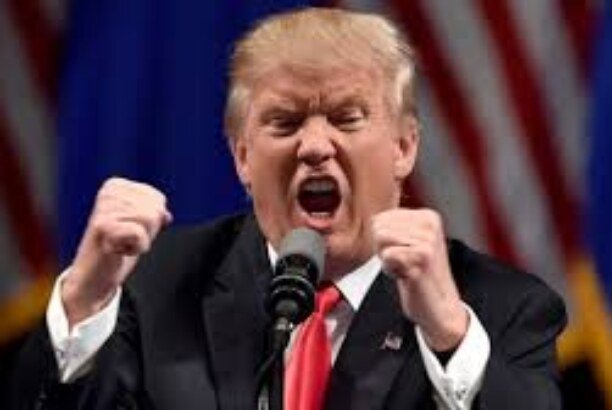Donald Trump’s latest rhetoric regarding crime has stirred significant controversy, particularly with his proposal to “purge” criminal elements through a swift and forceful approach, which he referred to as “one rough day.” Critics argue that this language mirrors authoritarian tactics, fostering concern over the potential for abuses of power and the undermining of democratic norms.
The term “purge” evokes historical associations with brutal regimes that have used extreme measures to eliminate perceived enemies, often resulting in widespread human rights abuses. Critics contend that Trump’s suggestion of an intense, short-term crackdown could embolden law enforcement to act outside legal boundaries, potentially leading to an escalation of violence and violations of civil liberties.
Additionally, the idea of a “one rough day” to eliminate crime oversimplifies a complex, deeply rooted issue. Crime reduction strategies typically involve long-term investment in social programs, education, rehabilitation, and community policing, rather than a rapid, militarized response. Opponents argue that this quick-fix solution ignores systemic problems such as poverty, inequality, and lack of opportunity, which are often contributing factors to criminal activity.
Advocates for civil rights, as well as political opponents, have expressed concern that such a plan, if implemented, could disproportionately target marginalized communities, exacerbate racial tensions, and erode trust between law enforcement and the public. They view this as a dangerous escalation of Trump’s “law and order” stance, which has already been criticized for encouraging aggressive policing and divisive rhetoric.
On the other hand, Trump’s supporters argue that his tough stance on crime resonates with a significant portion of the electorate that is frustrated by rising crime rates and what they perceive as the failure of current policies. They believe that drastic measures are necessary to restore order, particularly in cities plagued by violence.
However, the backlash reflects broader concerns about democratic values, the potential for abuse of power, and the need for thoughtful, effective solutions to complex social problems, rather than harsh, simplistic measures.




Leave a comment